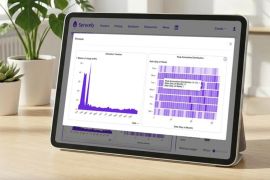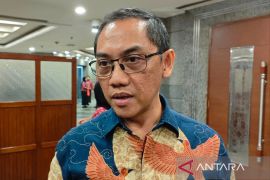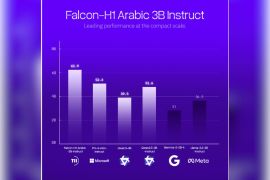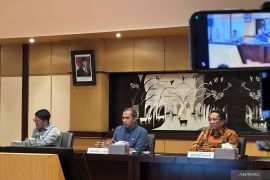From automated health diagnostics in hospitals to smart recruitment processes in organizations, this technology is creating new, previously unforeseen jobs, products, and services that will contribute to post-COVID-19 economic recovery, according to the report titled Artificial Intelligence in APEC.
“As we release this report, APEC economies are facing the twin threats of a global pandemic and an economic crisis that will leave its mark on our communities for years to come,” said Rohana Tan Sri Mahmood, chair of the 2020 APEC Business Advisory Council, as noted in a written statement issued by the council and received here on Wednesday.
“How APEC economies address the accelerated rise of the digital economy and leverage new technologies like AI is one of the most pressing issues of our time,” she commented.
The report also examines how AI is being adopted and applied across the APEC region and makes key recommendations, calling for closer policy collaboration between businesses and governments.
Of the surveyed APEC economies, most already have plans, policies, or programs devoted to driving or supporting AI ecosystems, the report states.
Related news: Artificial intelligence can bolster business productivity: minister
The report also highlights some AI-related innovations that are already underway across the region. For instance, a team of engineers at a Philippines university has designed a solution to help patients suffering from locked-in syndrome to communicate with the world.
Another notable innovation for the farming industry has been developed by a Japanese corporation. The solution aims to improve the efficiency of farming by automatically aggregating and analyzing sensor data and satellite images to provide farmers with farm management recommendations.
In addition, a group from New Zealand has developed AI-powered crocodile-spotting drones to keep swimmers safe in Australian rivers, among others.
"AI technologies have the potential to significantly impact businesses and communities across our economies," Rohana remarked.
"We believe that APEC can serve as an effective forum for member economies to collaborate on ways to maximize the benefits of AI and promote inclusive growth while ensuring its use in a responsible and ethical manner," she added.
According to the report, recognizing this technology and its capabilities would be central to an economy’s forward-looking policy for growth, productivity, and job creation. According to the report, the potential of AI extends beyond economic benefits and includes tools to address complex issues, such as poverty, inequality, climate change, healthcare, and ways to cope with the effects of the ongoing pandemic.
As AI becomes more widely accepted, adopted, and used for innovation, APEC policymakers will need to draft new policies, revise existing ones, confront new questions, address new needs, and reassess its impact, the report states.
The report also notes that with the cooperation of the public and private sector, a coordinated use of AI in future will increase the Asia-Pacific region’s competitiveness and further facilitate regional integration.
Artificial intelligence, already well on its way to transforming the Asia-Pacific, is driving social and economic growth across all key sectors, the report notes. However, the pandemic, and the ensuing focus on economic recovery, has brought a renewed sense of urgency to discussions around AI usage, it adds.
Related news: AI can serve as foundation for future innovation: minister
Reporter: Yuni Arisandy Sinaga
Editor: Rahmad Nasution
Copyright © ANTARA 2021












